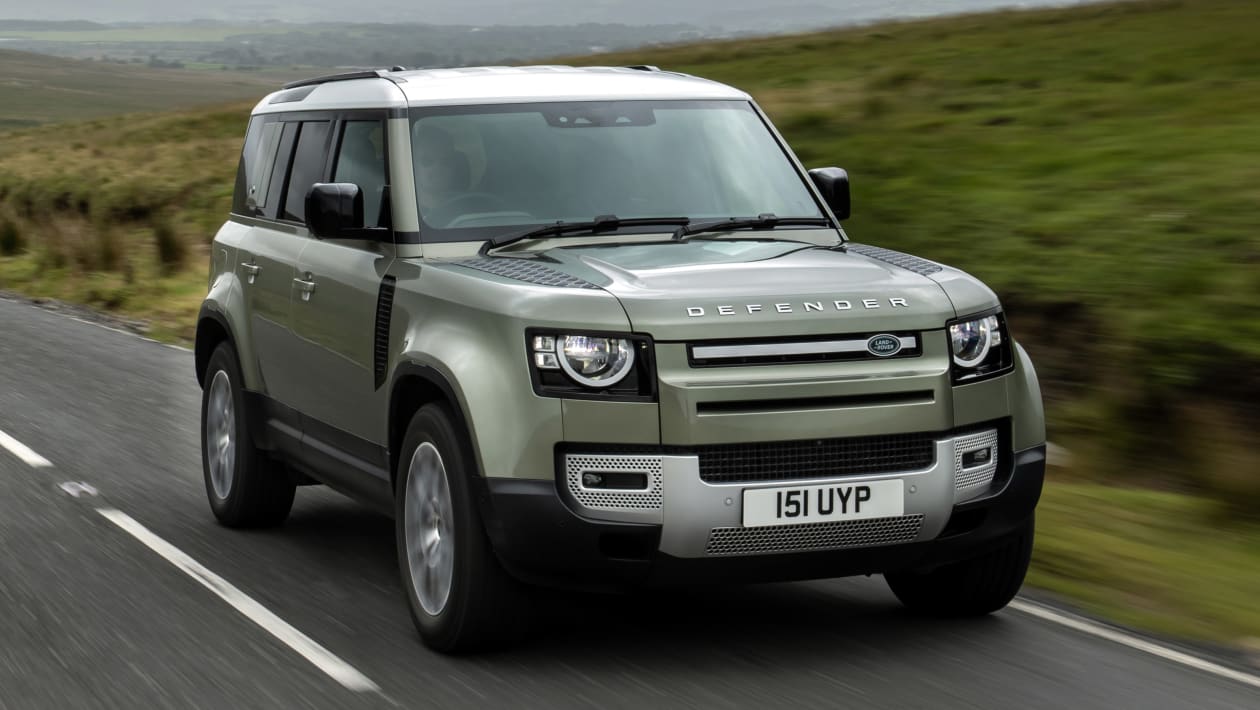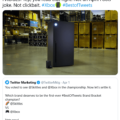Jaguar Land Rover is working on a prototype of a hydrogen-electric variant of the Land Rover Defender. The manufacturer shares few technical details; for example, it is not known what the range is. JLR wants to test the FCEV-Defender this year.

The prototype is part of JLR’s Project Zeus, a development project announced a year ago and set up with funding from the UK government. Within Project Zeus, JLR is investigating together with other companies and research organizations whether and how hydrogen can be suitable for customers, for example in the field of range, refueling, braked towing capacity and off-road driving.
The tests, which will start in the United Kingdom at the end of this year, will therefore mainly focus on off-road driving and fuel consumption. JLR does not see hydrogen cars as a replacement for battery-electric cars, but wants to build them side by side. Hydrogen cars are mainly suitable for larger vehicles that have to travel longer distances and for cars that operate in hot or cold environments, according to JLR. JLR thinks this because of the high energy density and fast refueling time of fuel cell electric vehicles, respectively, and because of the minimal loss of range at low temperatures.
JLR did not provide further details on whether, for example, it plans to bring an FCEV-Defender to market, when this will be and how much it will cost. The manufacturer previously said that only new electric Jaguars will be on sale from 2025 . JLR wants to be climate neutral by 2039, three years earlier all cars must be zero-emissions.











